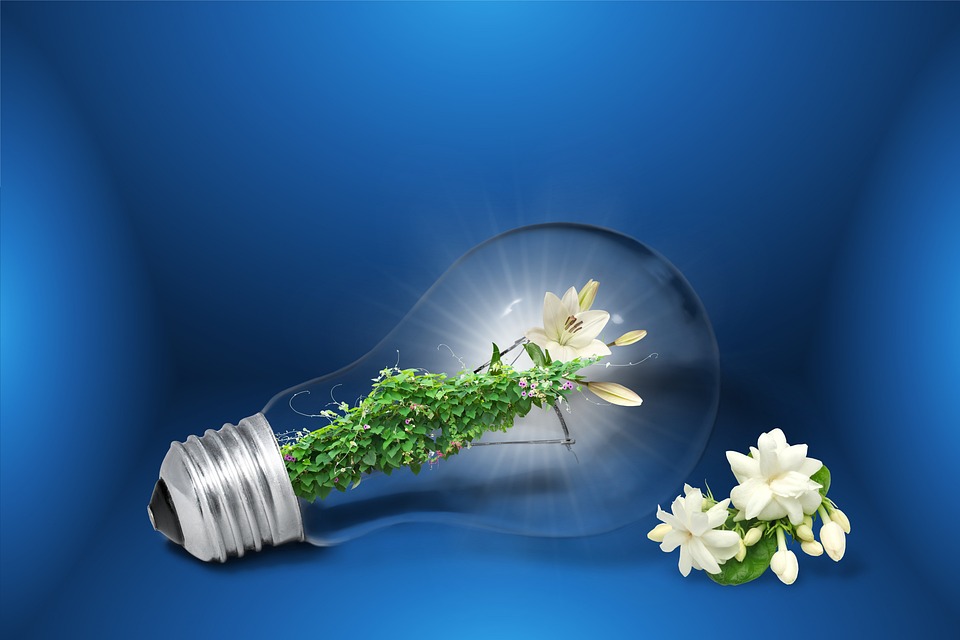Expert Tips for Maximizing Energy Efficiency at Home
As energy costs continue to rise and environmental concerns become increasingly prominent, maximizing energy efficiency at home has never been more important. With a few strategic changes, homeowners can significantly reduce their energy consumption, saving money while also contributing to a healthier planet. Here are some expert tips to help you make your home more energy-efficient.
Conduct an Energy Audit
Before making any changes, it’s essential to understand how energy is currently being used in your home. An energy audit can identify areas where you are losing energy and offer suggestions for improvements. You can either conduct a DIY audit using online resources or hire a professional auditor for a more comprehensive analysis.
Upgrade to Energy-Efficient Appliances
Old appliances can be major energy hogs. Consider replacing them with Energy Star-rated models, which are designed to use less energy without compromising performance. Focus on upgrading your refrigerator, washing machine, and heating and cooling systems for the most significant impact.
Improve Insulation and Seal Gaps
Proper insulation is key to maintaining a consistent temperature in your home, reducing the need for heating and cooling. Check your attic, walls, and floors for adequate insulation and seal any gaps around windows and doors to prevent drafts.
Switch to LED Lighting
Replacing traditional incandescent bulbs with LED lighting is a simple yet effective way to reduce energy consumption. LED bulbs use up to 75% less energy and last significantly longer, making them a cost-effective option for any home.
Utilize Smart Technology
Smart home technology can greatly enhance energy efficiency. Programmable thermostats, smart lighting systems, and energy-monitoring devices allow you to control and optimize your energy use remotely. By programming your thermostat to adjust the temperature when you’re not home, you can save on heating and cooling costs.
Maximize Natural Light
Take advantage of natural sunlight to brighten your home and reduce the need for artificial lighting. Arrange furniture to allow light to flow through rooms and use light-colored walls and furnishings to reflect light more effectively. Additionally, consider installing skylights or larger windows in darker areas of your home.
Employ Energy-Efficient Landscaping
Strategic landscaping can provide natural insulation and shade for your home. Planting trees and shrubs in the right locations can block harsh winds and offer shade during hot summer months, reducing the need for heating and cooling.
Regular Maintenance of HVAC Systems
Regular maintenance of your heating, ventilation, and air conditioning (HVAC) systems ensures they operate efficiently. Replace filters regularly, schedule annual tune-ups, and consider upgrading to more efficient models if your system is outdated.
Conclusion
Maximizing energy efficiency at home requires a combination of strategic upgrades and simple lifestyle changes. By conducting an energy audit, upgrading appliances, improving insulation, and utilizing smart technology, you can significantly reduce your energy consumption and costs. Not only will these efforts lead to financial savings, but they will also contribute to a more sustainable and eco-friendly environment.


